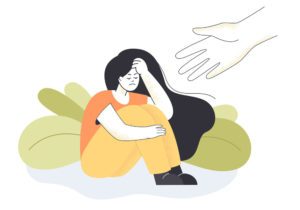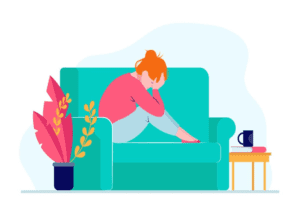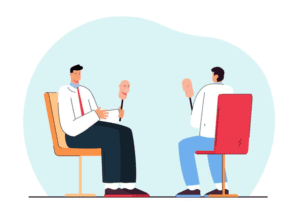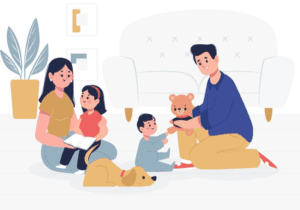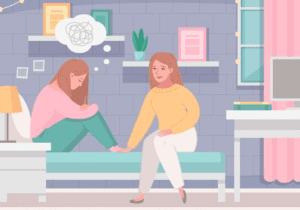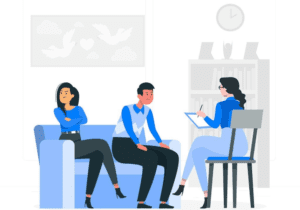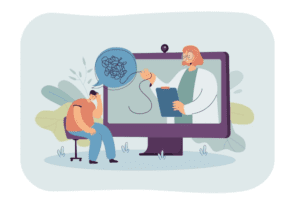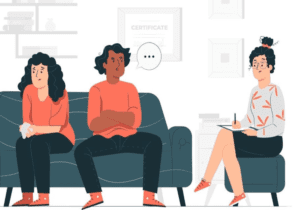ADHD in Girls vs. Boys: Why Symptoms Often Look Different
This article has been researched and written by Sara Caroppo. AI has not been used in producing this article.
When people think of ADHD, they often picture a young boy bouncing off the walls, constantly moving, talking out of turn, or getting into trouble at school. And while that can be one version of ADHD, it’s far from the whole story, especially when it comes to girls.
ADHD doesn’t look the same in every child. In fact, it often shows up quite differently in girls than in boys. That difference can lead to girls being overlooked, misunderstood, or even misdiagnosed. As a result, many go through childhood—and even into adulthood—without the support they need.
Let’s talk about why that happens, what signs to look for, and how parents can help their kids thrive.
What ADHD Looks Like in Boys
In general, boys are more likely to be diagnosed with ADHD, and at a younger age. That’s often because ADHD symptoms in boys tend to be more outward and disruptive. They might:
- Fidget constantly or struggle to sit still
- Interrupt conversations or talk excessively
- Act impulsively without thinking things through
- Struggle to wait their turn or follow directions
- Get frustrated or overwhelmed quickly
- Have trouble staying focused on tasks
These behaviors usually stand out at school or at home, which means boys are more likely to get flagged for testing early on, and receive support sooner.
How It Can Look Different in Girls
Girls with ADHD often don’t fit that “hyperactive” mold. They may not be loud or impulsive. Instead, their symptoms tend to be more subtle.
They might:
- Drift off during conversations or class
- Seems forgetful or disorganized
- Lose things frequently
- Take longer to complete homework
- Be sensitive to criticism
- Get overwhelmed easily
Instead of being seen as “hyper,” these girls are often labeled as daydreamers, anxious, lazy, or shy. But what’s really going on is that their brains are wired differently, and they’re doing their best to manage it, often without anyone realizing they’re struggling.
Why So Many Girls Go Undiagnosed
The truth is, we’ve spent decades studying ADHD through the lens of how it shows up in boys. Girls haven’t been the focus of that research until more recently. That means their symptoms are often misunderstood, or completely misdiagnosed. Girls are also socialized to behave a certain way. They’re often expected to be quiet, helpful, and compliant. So even when they’re struggling internally, they might work extra hard to hide it. And that “masking” can come at a cost.
The Emotional Impact of Being Overlooked
When a girl has undiagnosed ADHD, she often feels like she’s constantly falling short, no matter how hard she tries. She might feel scattered, forgetful, or frustrated with herself. She may notice her peers seem to manage things with ease while she’s drowning in small tasks.
Over time, that can lead to:
- Low self-esteem
- Anxiety or depression
- Perfectionism
- Emotional burnout
She may start to believe something is “wrong” with her when in reality, she just hasn’t been given the tools and understanding she needs.
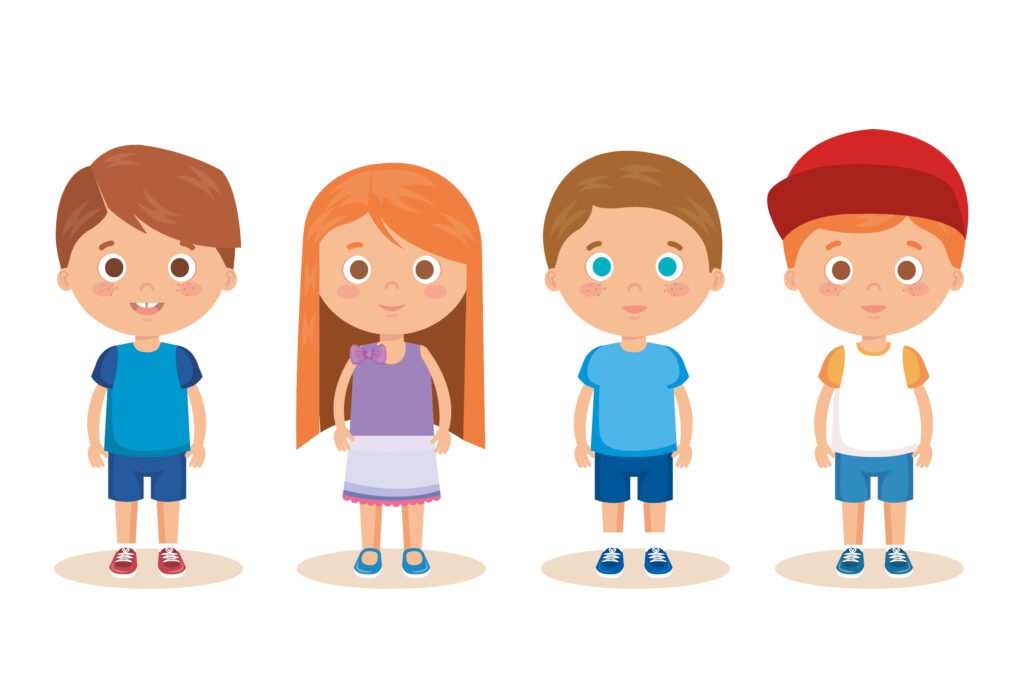
So What Can Parents Do?
If you’ve noticed signs that your child, girl or boy, is struggling with focus, organization, or emotional regulation, it’s worth exploring further. Early support can make a big difference. Here’s where to start:
1. Pay Attention to the Quiet Signs
ADHD isn’t always loud or disruptive. Trouble staying organized, zoning out, and emotional sensitivity are just as important to notice as hyperactivity.
2. Talk to Teachers
Teachers often have a front-row seat to how your child behaves in structured environments. Ask them what they’re noticing—not just academically, but socially and emotionally, too.
3. Consider a Professional Evaluation
A licensed therapist, psychologist, or pediatrician can do an ADHD assessment of your child’s strengths and challenges and determine whether ADHD is part of the picture.
4. Support Without Judgment
Kids with ADHD often hear what they’re doing wrong more than what they’re doing right. They need encouragement, understanding, and space to grow without shame.
5. Look Into Accommodations
If your child is diagnosed, things like extra time on assignments, organizational tools, or sensory breaks can help them feel more capable and confident.
Every Brain Works Differently
Just because ADHD doesn’t show up the same way in every child doesn’t mean one experience is more valid than another. While girls are more likely to show quieter, internal symptoms, some girls do present with the classic hyperactive traits often seen in boys, and they deserve to be taken just as seriously.
At the same time, not all boys are loud or disruptive. Some internalize their struggles, experience deep frustration, or quietly battle anxiety and low self-worth, symptoms that are just as real but easier to overlook.
No matter how ADHD shows up, each child’s experience is valid. They all deserve understanding, compassion, and the right support to thrive.
Support that Sees the Whole Child
At ClearMinds Counseling, we work with families to recognize the unique ways ADHD can show up, and help each child find their strengths, build confidence, and feel understood.
If you think your child might be dealing with ADHD, or if something just feels “off,” you don’t have to figure it out alone. Reach out. At ClearMinds Counseling, we’re here to help you navigate the next step with compassion and clarity.
10 Steps To Fix A Toxic Relationship
Every relationship has its fair share of ups and downs, but when toxicity creeps in, it can become a serious challenge. Toxic relationships can be emotionally draining and detrimental to our overall …
Exploring the Benefits of EMDR Therapy for Anxiety and Depression
Anxiety and depression are two of the most common mental health disorders worldwide, affecting millions of people every year. While traditional talk therapy and medication can be …
Health Effects of Untreated Depression
It’s very common to feel sadness at one point or another in our life. Depending on your specific circumstances, you may even feel …
Psychologists vs. Psychiatrists – What’s the Difference?
Clients shouldn’t have to jump through hoops to understand who the perfect candidate is for treating their emotional and/or behavioral struggles. Yet, understanding the type of provider you should see during …
Gentle Parenting: What is it and How to Try it Yourself
When it comes to raising children, no one has all the answers. Every parent and child have unique challenges and needs. Navigating these individual circumstances along with ever-changing environments, such as school …
How to Improve Your Relationship with Your Children – A Psychologist’s Guide
The modern family’s lifestyle leaves us shuffling from school to sports practice, family events, visiting friends, and everything in between. As society evolves to become more on-the-go and technologically advanced, w…
Tips for Communicating With Someone Who is Depressed
Knowing what to say to someone who is struggling with depression can be challenging. Perhaps you are afraid you might say the wrong thing. Or maybe you will say something that makes their day even worse? Maybe you fee…
Who Can Benefit From Couple Counseling?
Relationships are far from perfect. Each person brings his or her own ideas, values, opinions, and personal history into a relationship, and they don’t always match their partner’s. Those differences don’t necessaril…
What is EMDR Therapy and How Does it Help People?
Since the days of Freud, we’ve come to expect that managing our trauma is a lifelong journey. However, this is not the case. Eye Movement Desensitization and Reprocessing therapy (EMDR therapy) was developed in 1990 …
Everything You Need to Know About Couples Therapy
It’s perfectly expected for couples in relationships to face challenges from time to time. Every relationship has its unique needs and challenges. Couples see therapy for a number of unique reasons. From miscommunicat…


